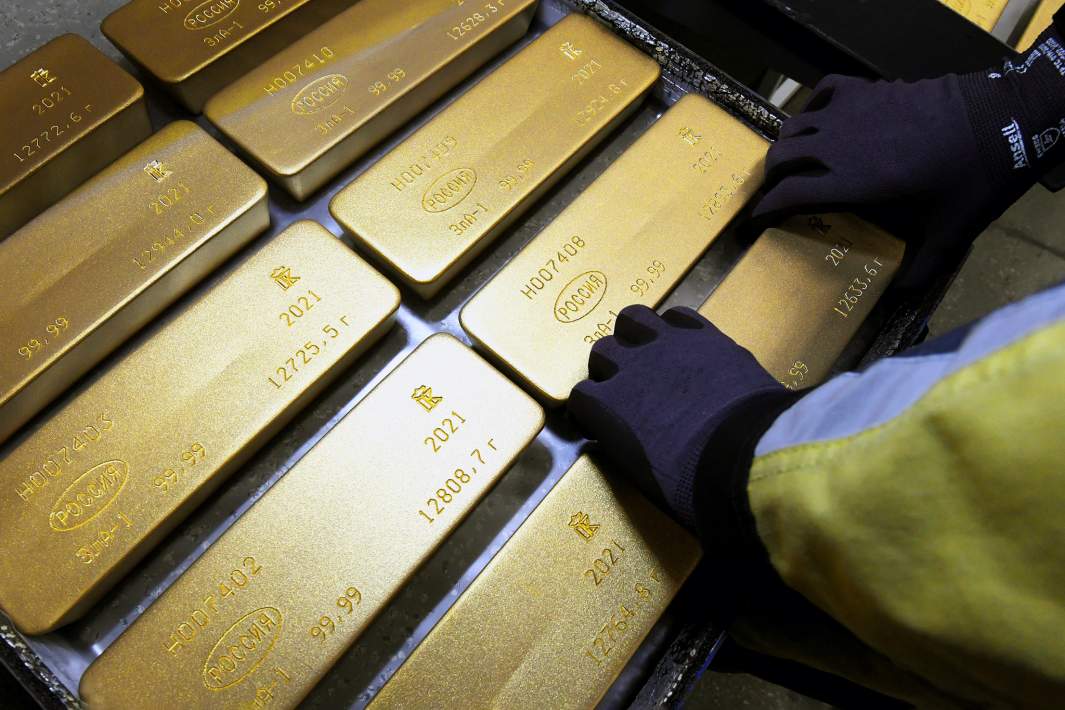
Switzeland continues to buy Russian gold despite EU sanctions
By Rhod Mackenzie
Despite sanctions, Russia became the sixth largest source of gold for Switzerland for the second year in a row in 2023. Switzerland was the main supplier of this precious metal to the European Union last year. This information is based on an analysis of data from the UN Comtrade platform and European statistics by RIA Novosti.
Switzerland purchased 2.3 thousand tons of gold worth $101.4 billion on the world market last year, compared to 2.4 thousand tons worth $99 billion the previous year. This was the highest import since 2013.
The United States was the largest supplier, despite a 29% decrease in export value to $15.3 billion. The UAE ranked second, with sales increasing by 17% year-on-year to $9.7 billion. Uzbekistan completed the top three, having increased its gold supplies by 1.9 times to $8.2 billion, up from fifth place the previous year. Canada reduced exports by 16% to $5.9 billion, while Australia increased exports by 1.7 times to $5.1 billion.
Despite the Swiss embargo on its gold, Russia retained sixth place at the end of last year. Its gold supplies remained almost unchanged in physical terms, with 63.4 tons of gold compared to 63.8 tons in 2022. However, in monetary terms, they increased by 5% to $3.9 billion. Switzerland joined the European embargo on gold supplies from Russia in 2022. The country clarified that gold exported from Russia before the sanctions were imposed is not subject to sanctions. This allows Switzerland to continue importing it through other countries.
South Africa, Kazakhstan, Ghana, and Burkina Faso are also among the top ten suppliers.
In 2020, Switzerland exported $107.2 billion worth of gold, up from $100.3 billion in the previous year. The largest gold suppliers to Switzerland include China, India, Turkey, Hong Kong, and the EU.
Switzerland was the EU's largest source of gold, accounting for 70% of all imports of this precious metal. The UK ($1.2 billion) and South Africa ($636 billion) were also significant sources. No deliveries were made to the EU from Russia.
